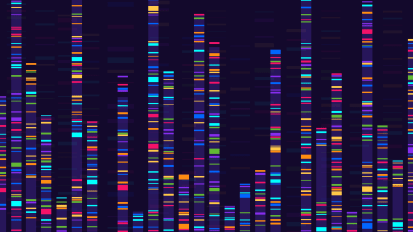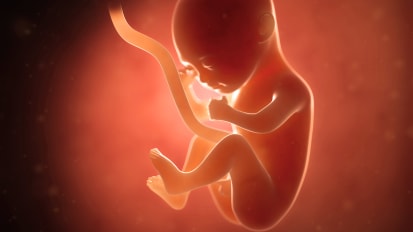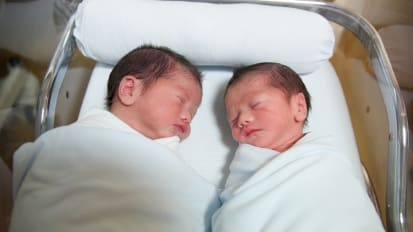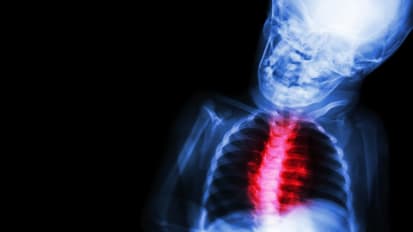Search Videos and More
 Video
Video
Prenatal Genome Screening: Understanding Options, Interpreting Results
In this talk, perinatologist Annalisa Post, MD, discusses the information that various prenatal genetic tests can and can’t provide, and how to assess accuracy, offering a valuable tool for individualizing results. Video
Video
Delving Into DNA: When and How to Use Genetic Testing in Primary Care
Whether planning a biological family or worried about familial cancers, patients have questions about genetic testing, and geneticist Robert Wallerstein, MD, MS, has guidance for clinicians trying to give them useful answers. Video
Video
The Fetal Treatment Center in Oakland: Expanded Services, Informed Strategies - Intro
Learn which patients may benefit from referral and what to expect from the process in this update from perinatologist Annalisa Post, MD. Video
Video
Preeclampsia Update: How to Identify and Manage a Perilous Pregnancy Complication
This important talk from Annalisa Post, MD, a perinatologist with the UCSF Fetal Treatment Center, clarifies the definition of preeclampsia, lays out risk factors, and elucidates the tricky business of recognizing worsening hypertension in pregnancy. Video
Video
Innovative Care for Devastating Disorders: Investigating Prenatal Enzyme Replacement
Pregnant patients with a diagnosed fetal lysosomal storage disease may have the opportunity to receive a promising treatment that could improve their babies’ health after birth. Video
Video
Fetal Tumors: A Multidisciplinary Approach
Watch “Fetal Tumors: A Multidisciplinary Approach” to learn about risk factors for disease severity and death, as well as other various clinical presentations of fetal tumors. Video
Video
Fetal Research at UCSF: Innovative Studies Provide Early Diagnosis and Explore Potential Intervention
Learn about exciting studies underway at the UCSF Fetal Treatment Center and how to easily refer patients who could benefit from participating in current trials. Video
Video
Fetal Care: Understanding and Managing Risks for Monochorionic Twins
UCSF experts share their approach to evaluating twins in utero, focused on ultrasound detection of those who share a placenta while developing in separate amniotic spaces. Radiologist Vickie A. Feldstein, MD, and perinatologist Nasim Sobhani, MD, provide anatomical keys to anticipating complications, such as twin-to-twin transfusion syndrome. Video
Video
In Utero Therapy for Serious Genetic Disorders: Saving and Improving Children’s Lives
Early fetal therapies have the power to change everything for babies and families affected by alpha thalassemia major or lysosomal storage diseases. Video
Video
Window of Opportunity: The Potential Payoff of Early Fetal Ultrasound
Perinatologist and medical geneticist Mary E. Norton, MD, discusses the value – and clarifies the limitations – of fetal ultrasound as early as 11 weeks. Video
Video
Aortic Abnormalities: How to Identify Pediatric Patients at Risk
Pediatric cardiologist Emilio Quezada, MD, discusses signs that a young patient should be evaluated for genetic syndromes associated with thoracic aorta dilation and aneurysm. Video
Video
Congenital Heart Disease: The Value and Future of Fetal Screening
With CHD often discovered in low-risk pregnancies and associated with neurodevelopmental deficits, the need for more screening and advanced techniques is clear.

